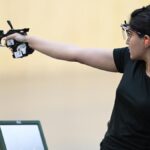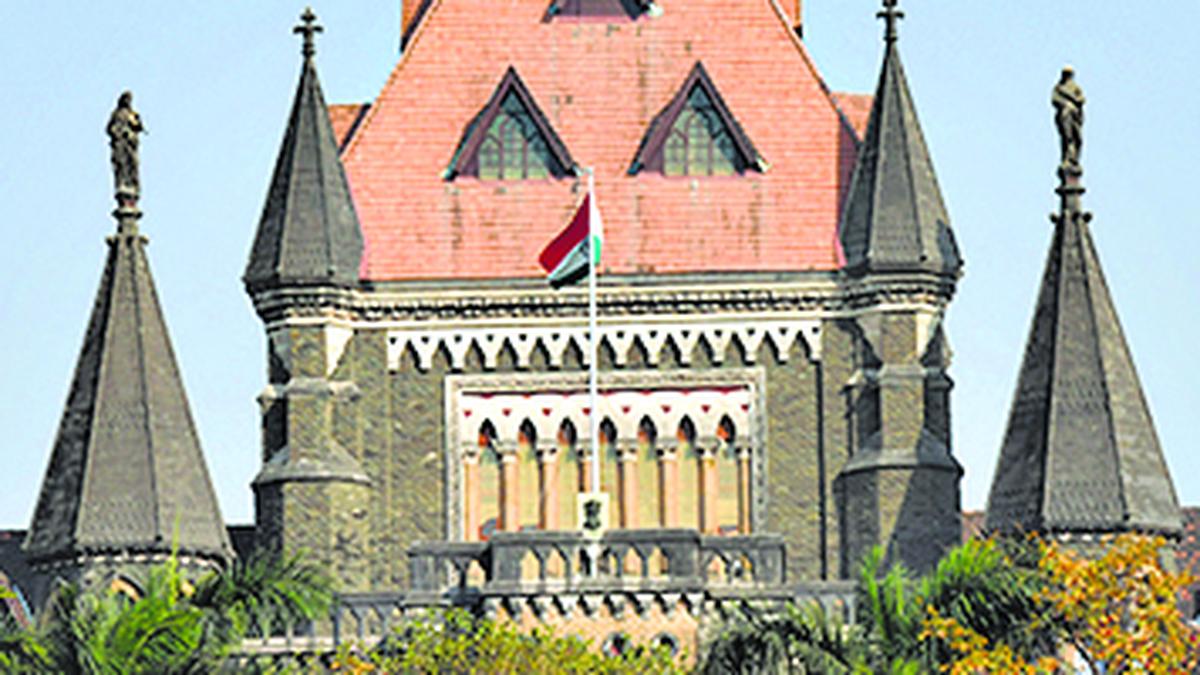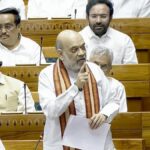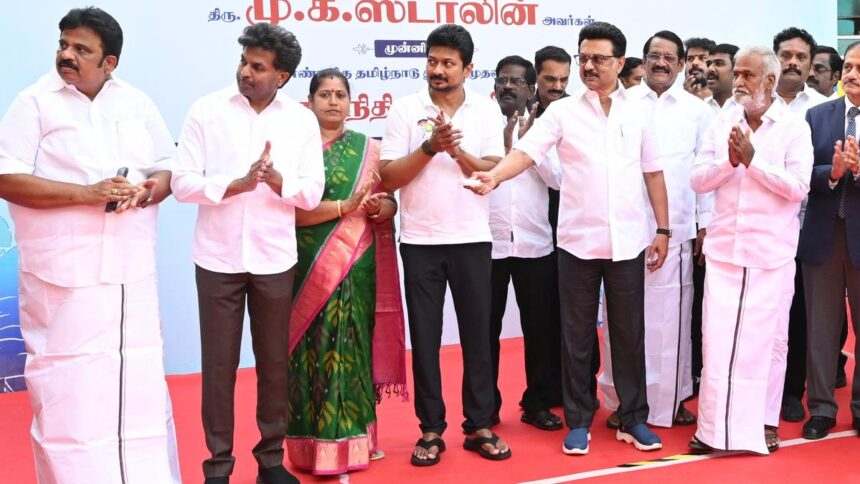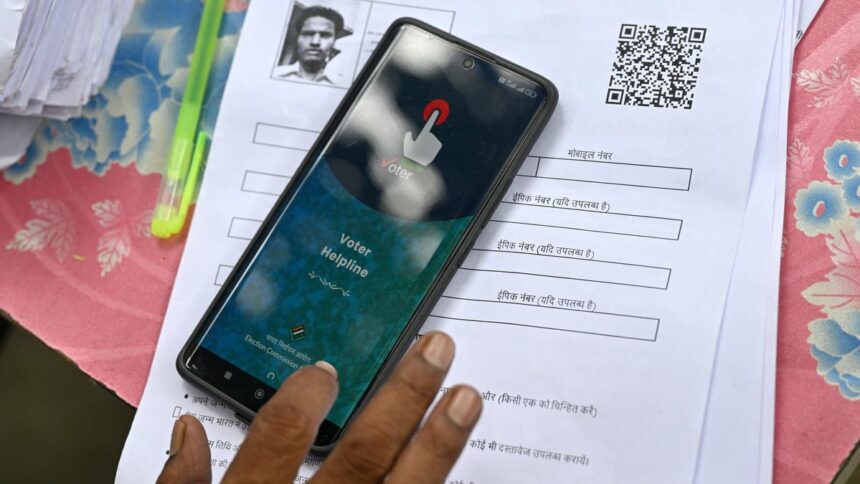The Aurangabad Bench of the Bombay High Court has granted bail to three accused persons associated with the Popular Front of India (PFI), observing that mere participation in meetings, speeches or karate training sessions cannot, prima facie, be construed as committing a terrorist act under the Unlawful Activities (Prevention) Act (UAPA).
A Division Bench comprising Justices Nitin B. Suryawanshi and Sandipkumar C. More passed the order while hearing criminal appeals filed by Sayyad Faisal Sayyad Khaleel, Abdul Hadi, and Shaikh Irfan Shaikh Salim alias Irfan Milli, who had been denied bail by the trial court in a case registered under the UAPA, the Indian Penal Code (IPC), the Arms Act, and the Maharashtra Police Act.
“When the FIR was registered and appellants were arrested, PFI was not declared a terrorist organisation within the meaning of Section 2(m) of UAPA. Merely because appellants participated in the meetings, seminars or physical training of karate etc., prima facie, it cannot be said that they have indulged in any terrorist act,” the Bench observed.
In its detailed order, the court noted that mere participation in seminars or camps would not, prima facie, amount to a terrorist act. “Though, weapons are recovered from appellant, it is not the case of prosecution that those were used for any terrorist activity and/or for toppling the Government,” the order stated.
Background of the Case
On September 21, 2022, Assistant Police Inspector Rahul Rode of the Anti-Terrorism Squad (ATS), Aurangabad, lodged an FIR based on secret information alleging that a karate training camp for Muslim youth was held on November 23, 2021, near Jama Masjid in Chikalthana, under the banner ‘Healthy People Healthy Nation’.
It was alleged that PFI Secretary Mohsin Nadvi delivered a speech stating that Muslims in India were facing mob lynching and attacks by Hindu organisations, and urged physical preparedness in view of such challenges.
A similar gathering was reportedly held on November 27, 2021, at Samosa Ground, Katkat Gate, where PFI’s Aurangabad district president Irfan Milli and General Secretary Saber addressed the attendees. They allegedly accused the Central Government of conspiring against Muslims and called for armed resistance, urging the youth to join the PFI in large numbers.
According to intelligence inputs received on July 3 and 4, 2022, a secret arms and physical training camp was held by the PFI at a hall near Masjid-a-Mansab Mir in Naregaon. The camp, allegedly attended by district president Imran Shaha and select trainees, was said to involve preparations to fight the Indian Government in defence of their religion.
It was further alleged that PFI committee members Sayyad Faisal Sayyad Khaleel (Aurangabad), Abdul Hadi (Jalna), and Parvez Khan (Aurangabad) delivered inflammatory speeches criticising the Citizenship Amendment Act (CAA), the National Register of Citizens (NRC), the Hijab ban, and the ban on Triple Talaq, characterising them as anti-Muslim. The speeches allegedly incited unrest and called for armed jihad.
On August 14, 2022, a gathering of Ulema was reportedly held under the ‘Save The Republic’ campaign, attended by Maulana Irfan Milli and Maulana Nasir Nadvi. At the event, the speakers allegedly criticised the Central Government, claiming that Muslims were being harassed through the NRC and that 20 lakh Muslims were being targeted for elimination. It was further alleged that they spoke about establishing a Sharia-based government and called on Muslim youth to stockpile weapons, even suggesting foreign assistance if necessary.
Following these developments, an FIR was registered at the ATS Kalachowki Police Station in Mumbai, invoking Sections 13(1)(b) of the UAPA; Sections 121A, 153A, 120B, 109, 116, and 201 of the IPC; Section 4 read with Section 25 of the Arms Act; and Section 135 of the Maharashtra Police Act.
The petitioners were arrested on September 22, 2022. During the investigation, authorities allegedly recovered material linking them to ISIS, including a document titled ‘India 2047: Towards Rule of Islam in India (Internal Document – Not for Circulation)’ from Sayyad Faisal, along with an Urdu book titled ‘Babri Masjid Kahi Hum Bhul Na Jaye’ (Lest we forget the Babri mosque).
In February 2023, a chargesheet was filed under Sections 121A, 122, 153A, 120B, 109, 116, and 201 of the IPC; Section 13(1)(b) of the UAPA; Section 4 read with Section 25 of the Arms Act; and Section 135 of the Maharashtra Police Act.
The Arguments
Appearing for the petitioners, Advocate N.R. Shaikh submitted that the FIR was lodged on September 21, 2022, and arrests made on the following day – prior to PFI being declared an unlawful organisation on September 27, 2022. Therefore, he argued, no offence under the UAPA could be invoked at the time.
He contended that no incriminating material or overt act of terrorism was attributed to the appellants, and that only literature had been recovered from their electronic devices. Teaching karate, he argued, does not constitute terrorism under the UAPA. While ₹8 lakh was found in one account, it was not linked to any terror-related activity, he added.
He also pointed out that the appellants had spent more than two years in custody and that only five out of 145 witnesses had been examined, indicating slim chances of an early conclusion of trial.
Advocate Javed R. Shaikh, appearing for Shaikh Irfan, added that although a seven-inch knife, a Rampuri knife, a “fighter”, and a 1.5-foot sword were recovered from his client, there was no evidence to suggest these were used in any attempt to overthrow the government. At most, he argued, the matter would fall under the Arms Act, which prescribes a maximum sentence of two years – less than the duration already spent by the accused in custody.
Opposing the appeals, Additional Public Prosecutor Kalpalata Patil Bharaswadkar submitted that the accused were involved in unlawful activities that threatened national security. Describing PFI as a radical organisation engaged in seditious acts and secret meetings, the Additional Public Prosecutor also cited the ‘Mission 2047’ document recovered from Sayyad Faisal as indicative of a larger conspiracy.
Court Observations
The Bench refrained from commenting on the merits of the allegations, given that the trial was still ongoing. However, it observed, “On the ground of parity also the appellants are entitled for bail. Prima facie, we do not find reasonable grounds for believing that accusations against the accused are true. Therefore, mandate contained in proviso to Section 43(D)(5) would not be applicable to the case of the accused. The prosecution could not point out criminal antecedents of appellants. Section 13(1)(b) prescribes maximum punishment of seven years, out of which appellants have already undergone two years and eight months imprisonment.”
Noting that all three accused had spent over two years and eight months in custody while only five of 145 prosecution witnesses had been examined, the court emphasised the importance of a speedy trial as guaranteed under Article 21 of the Constitution.
The Bench directed the Special Court to release the appellants on bail under appropriate and stringent conditions, including surrendering their passports and full cooperation with the ongoing trial.



